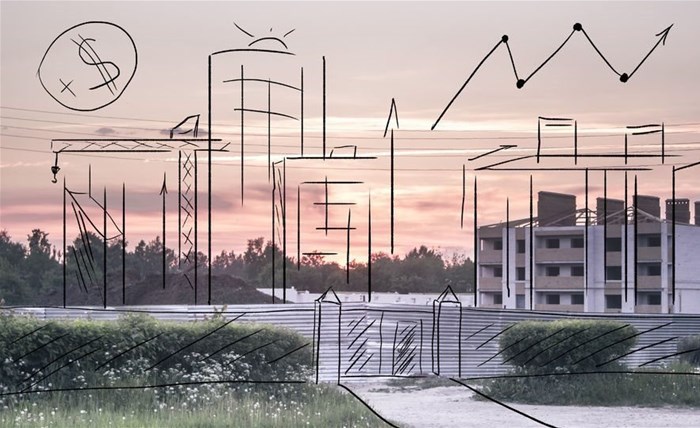
Top stories






More news





ESG & Sustainability
#Sona2026: President announces crisis committee to tackle SA's water challenges









When economic conditions improve, the VAT Act recognises that the developer may revert to his initial intention in use of the property.
If the developer sells the residential property within the temporary lease period of 12 months, the normal VAT rules will apply and the transaction will be subject to VAT at the rate of 15%.
As the sale of residential property is not an exempt supply, the developer is entitled to an input tax deduction of the VAT incurred on the amounts expended on constructing, extending or improving the property, which would have been reversed under the operation of section 18D(2) and the developer will be entitled to claim a deduction of the output tax previously accounted for under section 18D(2), as explained above.
Following the proposals in the Draft TLAB (discussed below), it is now clear that this would extend to the output tax previously declared on the cost of the land.
Strangely, section 18D(5) of the VAT Act as it currently reads also permits a developer that previously made an output tax adjustment under section 18D(2) to reclaim that tax in accordance with the provisions applicable to the temporary lease of residential property in the tax period "after" that developer ceases to supply the property temporarily (ie. outside the 12-month period and therefore under a Fixed Lease Agreement).
This contravenes the purpose of section 18D, especially as Fixed Lease Agreements are specifically excluded from the ambit of section 18D. To address this anomaly, it was proposed in the 2023 Budget Review that the enabling provision be deleted as far as it refers to Fixed Lease Agreements.
On 31 August 2023, Sars published, for public comment, the Draft TLAB. Firstly, it was proposed that where a developer makes a deemed disposal in terms of section 18D(2) (ie. a change in intention from sale to letting), that developer would be required to account for VAT at the standard rate on the "adjusted cost of the residential property", as opposed to the adjusted cost of the "construction, extension or improvement" of the property, which is the current wording of the VAT Act.
According to the 2023 Explanatory Memorandum, the reason for this amendment is to clarify that the term "adjusted cost" includes the cost of the purchase of the land. Therefore, a developer who decides to lease their residential property on a temporary basis will, if this amendment comes into effect, inevitably be deemed to supply the property at a higher amount inclusive of the cost of the land and consequently, have a higher VAT liability.
Notwithstanding, this is arguably a better tax consequence than the previous dispensation, whereby the deemed disposal was on the higher OMV of the property, resulting in a greater immediate VAT liability.
In addition, under the current proposal, the developer could, upon the eventual sale of the property, claim an input tax deduction of the VAT paid on the amounts expended on purchasing that property and would be entitled to claim a deduction of the output tax previously accounted for under section 18D(2) on the deemed disposal of the property (ie. output tax adjustment).
Secondly, a proposal was made to limit a developer's output tax adjustment following the deemed disposal under section 18D(2) to situations in which residential property leased on a temporary basis is sold during the temporary lease period of 12 months or if the property is no longer used for purposes of supplying accommodation immediately after the expiry of the temporary lease period of 12 months.
In line with this amendment, and finally, a proposal has been made to delete section 18D(5) in its entirety to remove the anomaly created in the application of provisions relating to temporary leases to Fixed Lease Agreements. Therefore, in a fixed-lease situation (not covered in this article), the developer would not be able to rely on section 18D for any output tax adjustments.
The proposals cited in the Draft TLAB are welcomed and will bring certainty to the application of the VAT provisions relating to temporary leases once they take effect on 1 April 2024. Considering that section 18D and other related provisions are new, it is crucial that the inconsistencies are addressed (as we now see in the Draft TLAB) to limit the adverse effects of the incorrect application of these provisions.
Finally, developers who avail their new residential properties for rental are encouraged to seek professional tax advice to understand their resultant VAT obligations and benefits, to the extent that they have not already done so.